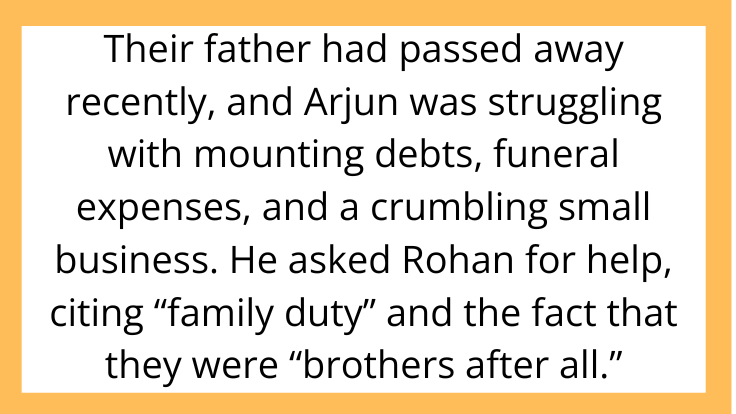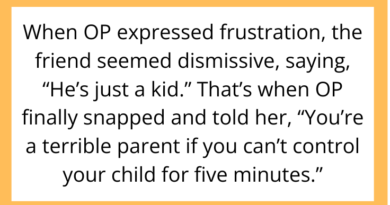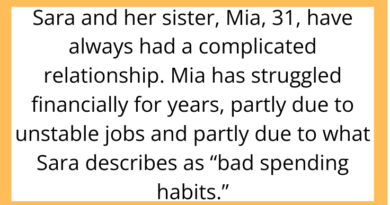AITAH for Refusing to Help My Brother Financially After He Cut Me Off Years Ago?
Family loyalty is often a double-edged sword. On one hand, you’re told blood is thicker than water. On the other, some wounds—especially the emotional kind—cut too deep to ignore. In today’s AITAH-inspired deep-dive, we explore one user’s painful dilemma: Should they financially help the same sibling who once shut them out completely?
Let’s dig into the story that has Reddit divided.
The Backstory: Estranged for Years

Our storyteller—let’s call him Rohan—is a 35-year-old man who was estranged from his family for nearly a decade. The falling-out began in his mid-20s when he came out as gay to his traditional South Asian parents. The backlash was immediate and brutal. His parents disowned him, and his older brother, Arjun, completely cut him off.
Rohan moved cities, worked his way through school, built a career in tech, and created a life without his family. No contact. No apologies. Just silence.
Until now.
The Twist: A Sudden Message
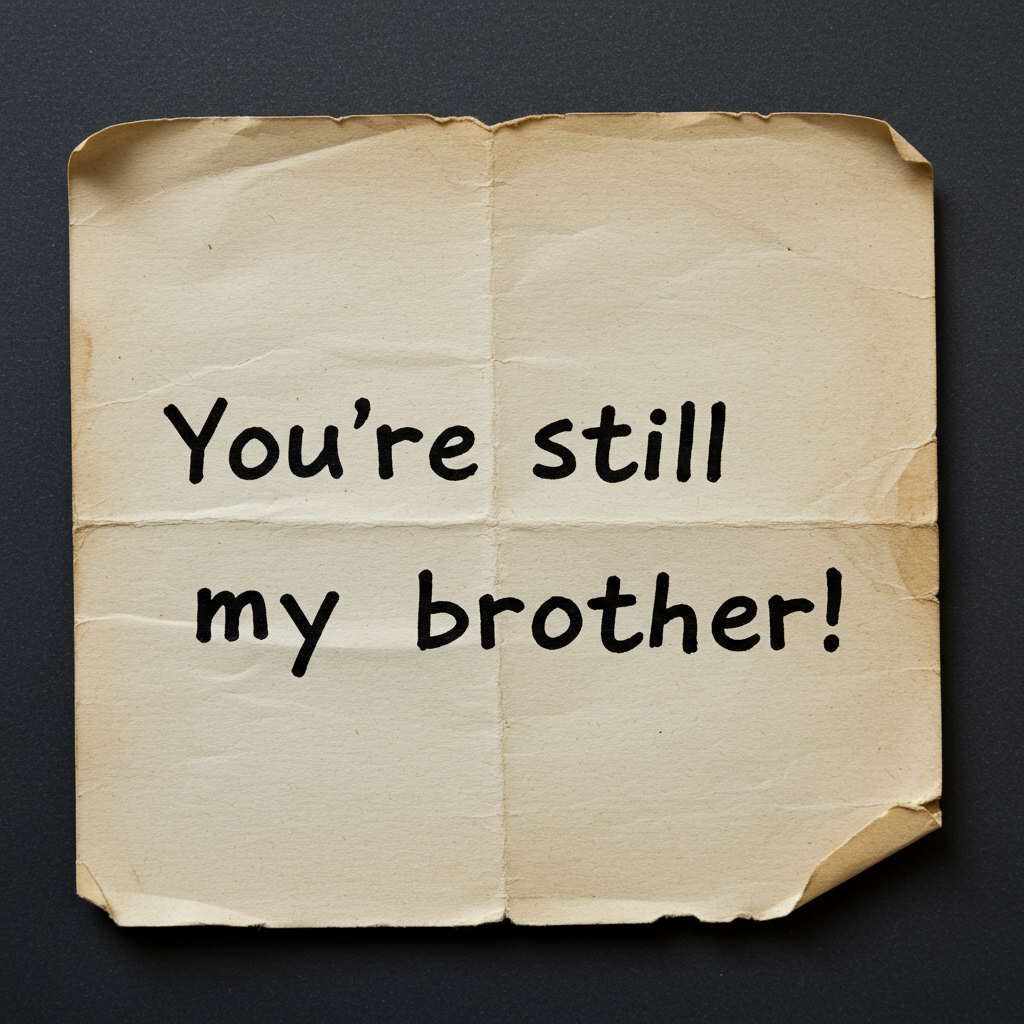
Out of the blue, Rohan received a message on WhatsApp. It was Arjun. After nine years of no contact, Arjun reached out—only to ask for a loan.
Their father had passed away recently, and Arjun was struggling with mounting debts, funeral expenses, and a crumbling small business. He asked Rohan for help, citing “family duty” and the fact that they were “brothers after all.”
Rohan was shocked. There was no apology, no acknowledgment of the years of abandonment, no remorse. Just a request for money.
The Response: “No.”

Rohan said no.
Politely, but firmly.
He explained that he had no interest in re-establishing a relationship built solely on convenience. He offered condolences for their father’s death, but made it clear: he wasn’t going to open his wallet for someone who closed the door on him for a decade.
Arjun didn’t take it well. He accused Rohan of being cold, selfish, and letting “grudges outweigh family.”
Feeling guilty—but also indignant—Rohan turned to Reddit: AITAH for refusing to help my brother financially after he ghosted me for nine years?
The Debate: Forgiveness vs. Self-Respect
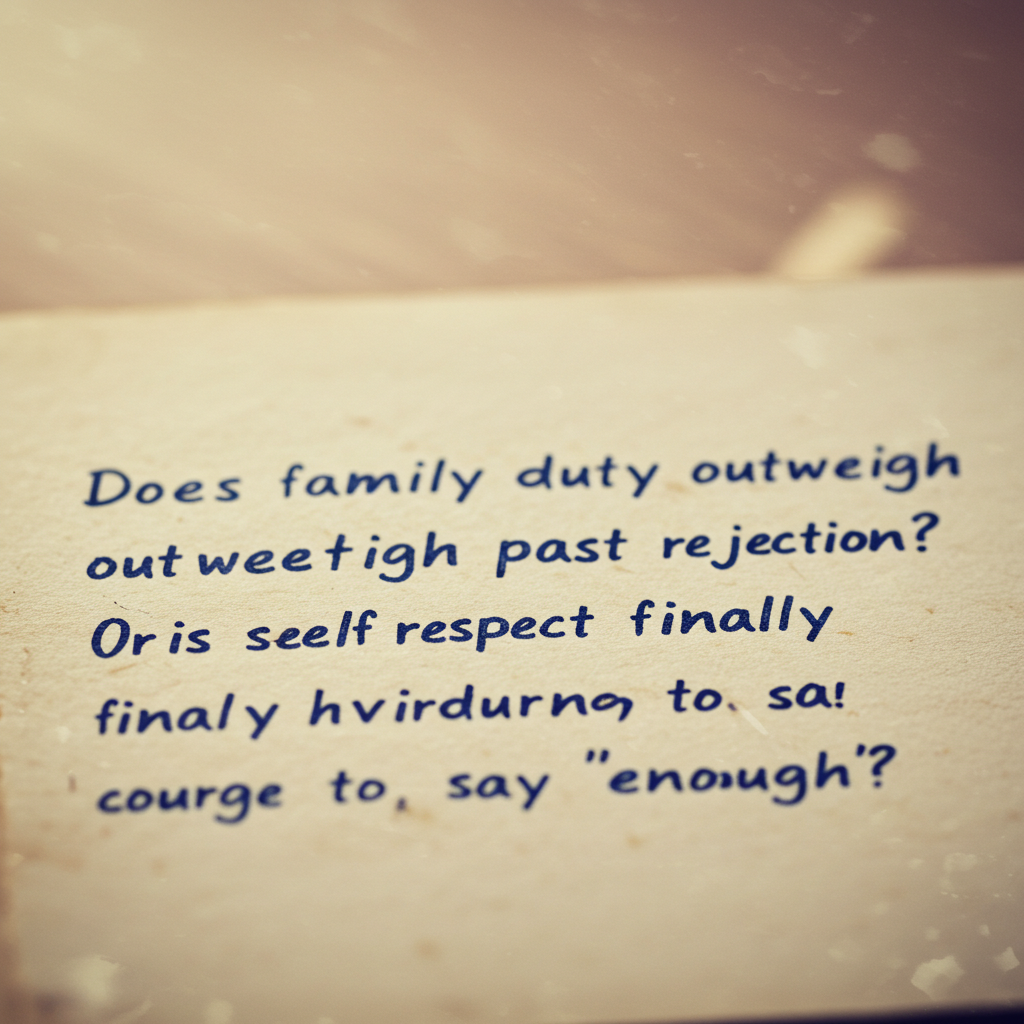
In Rohan’s Corner: You Can’t Demand After Disowning
Most Reddit users came out strongly in Rohan’s favor.
“You owe nothing to someone who treated you like you didn’t exist,” one top comment read. “Blood doesn’t entitle someone to your money—respect and relationships do.”
Many pointed out that the timing was suspicious. Rohan was only “family” again now that Arjun needed something. That’s not reconciliation—that’s opportunism.
Others highlighted that Rohan wasn’t being vindictive. He didn’t lash out, insult, or shame. He simply declined to fund a man who offered him no love or support when it mattered.
In Arjun’s Defense: Family Is Forever?
Still, a smaller group of commenters offered a different angle.
“Sometimes people grow, and they don’t know how to say sorry,” one user wrote. “Maybe this was his awkward first step.”
They argued that refusing help during a crisis might prolong a painful family rift. Could this have been a door Rohan should’ve left slightly open?
Financial Help vs. Emotional Healing
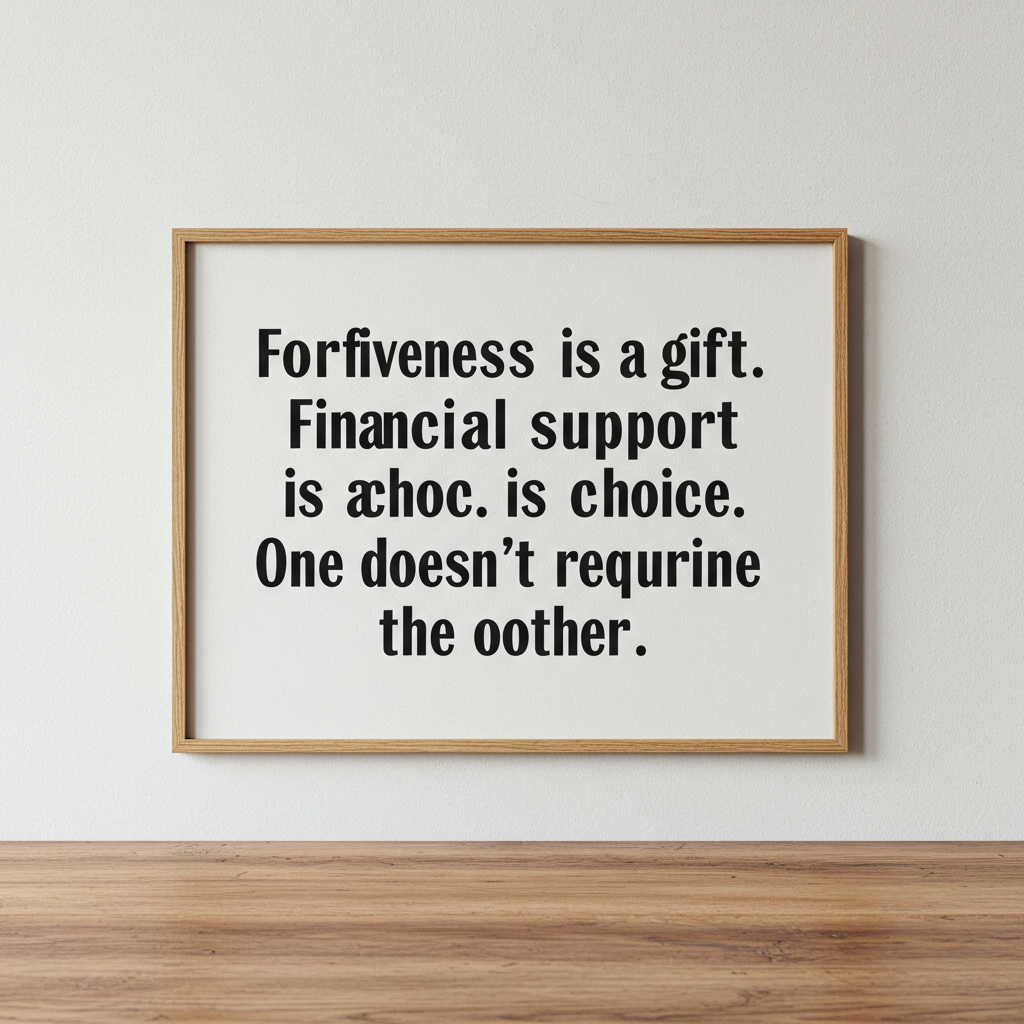
This story highlights a critical truth: helping family isn’t just about money—it’s about emotional currency.
Forgiveness is personal. You can forgive someone in your heart without giving them access to your bank account or your peace.
Yes, people grow. But growth without accountability isn’t reconciliation—it’s rebranding. Arjun never apologized, never took ownership of the hurt he caused. Instead, he skipped to the part where Rohan was expected to help. That’s not healing. That’s entitlement.
What Could Have Gone Differently?
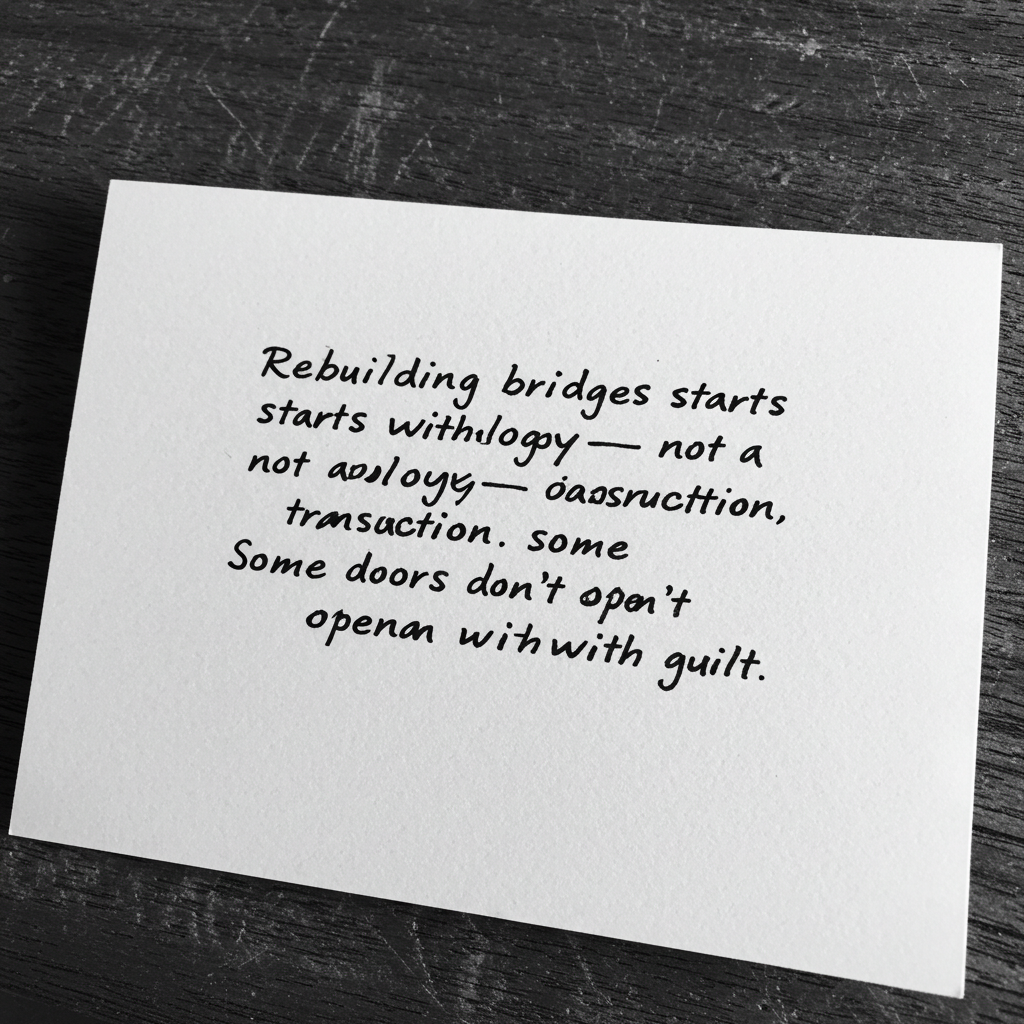
For Rohan:
-
He could’ve left the door slightly open by saying, “When you’re ready to talk—really talk—I’ll be here.”
-
He might consider therapy to process lingering guilt, if any, from the rejection.
For Arjun:
-
Lead with an apology, not a request.
-
Acknowledge the pain he caused.
-
Ask for forgiveness before asking for favors.
Lessons From the AITAH Community
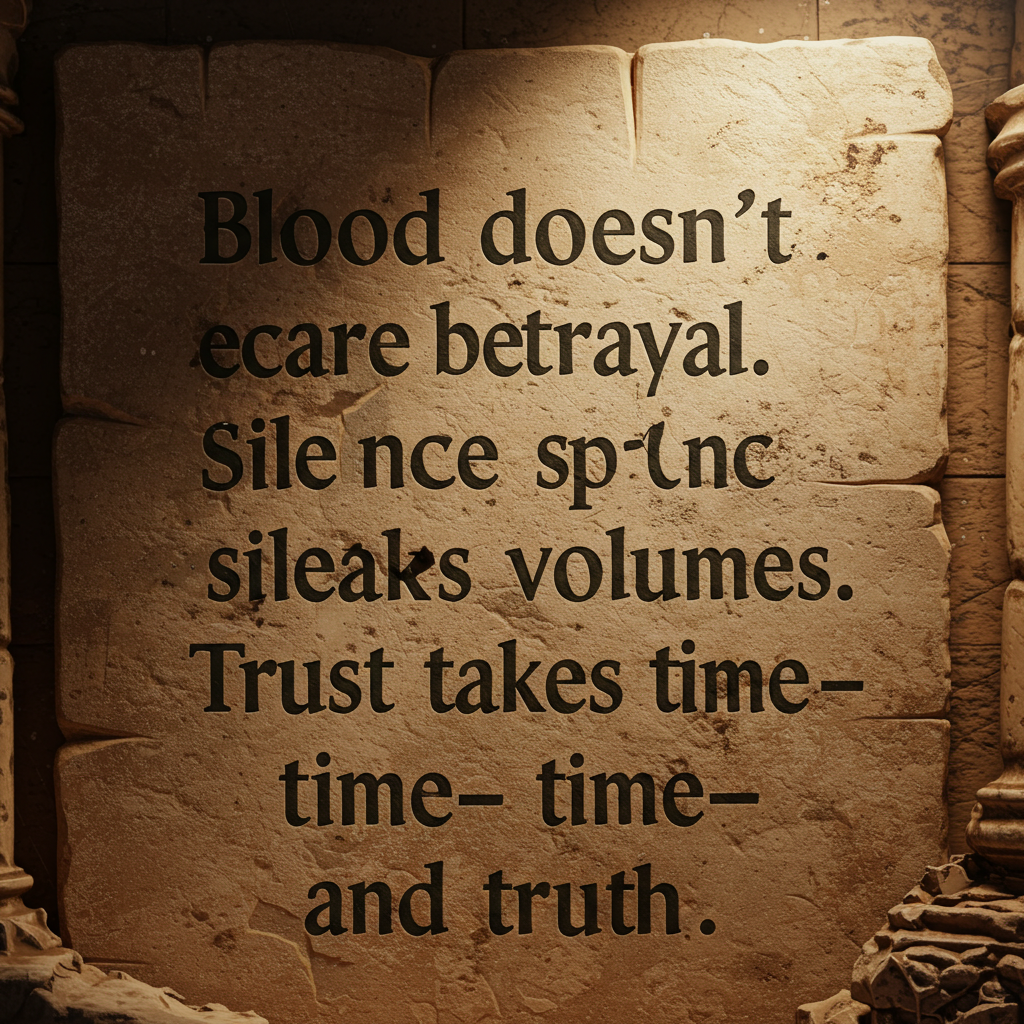
-
Boundaries matter, even when blood is involved.
-
Estrangement isn’t always about bitterness—it’s often about survival.
-
Rebuilding trust takes more than a phone call and a favor.
If someone cuts you off during your darkest hours, it’s okay to question their intentions when they return during theirs.
